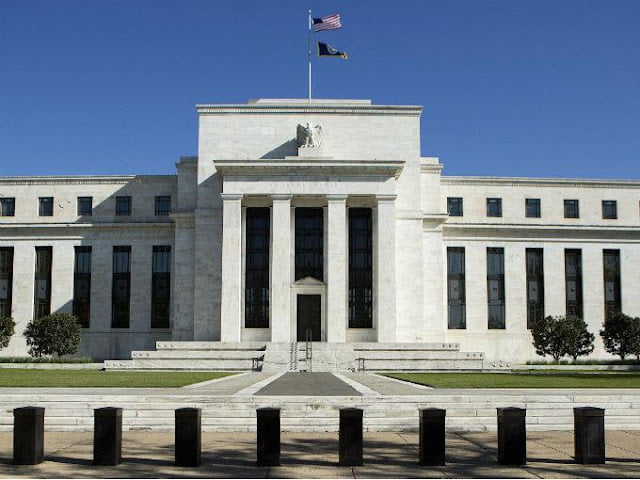Over the last few years, the importance of studying economic institutions has surged, especially in the field of economic development.
Economic institutions affect economic growth, poverty levels, and overall prosperity. For example, property rights influence foreign investment in the country, while patents can foster technological innovation.
Economic research suggests that the quality of institutions is the most important difference between developed and developing economies. This is the major thesis of Acemoglu and Robinson’s major in “why Nations Fails” which suggests that economic prosperity depends above all on the inclusiveness of economic and political institutions.

The definitions of economic institutions vary, but there are two definitions that most economists agree on.
Economic institutions as organizations:
Private or public institutions devoted to collecting or studying economic data, or commissioned with the job of supplying a good or service that is important to the economy of a country, e.g. Federal Reserve, the Organisation for Economic Co-operation and Development (OECD), and the National Bureau of Economic Research.
Economic institutions as rules:
This idea of institutions compromises rules, regulations, and laws that establish the “rules of the game.” These elements condition and modify the behavior of individuals and groups so that their actions become more predictable for others. This is achieved through two forms: formal rules, which include rules and contracts, and informal means such as social norms and conventions that evolve over time.
From the second definition, economic institutions perform the following economic functions:
- Establishment and protection of property rights
- Facilitation of economic transactions
- Incentive to economic cooperation and organization
Origin of economic institutions
How do economic institutions arise? Economic institutions emerge in two ways: informally, through repeated interactions between individuals or organizations that set standards of behavior; or formally, through deliberate design by an organization with the power to do so. In the latter, it may be the government, the private sector or the civil society the origin of the institution.
In both cases, economic institutions are created in response to uncertainty and information costs. That is, economic institutions are created to minimize costs and maximize benefits in the various economic activities that people carry out.
Examples of economic institutions
- Property rights: Land tenure, inheritance rights, liability rules, intellectual property, patents, and copyrights.
- Reciprocity: Measures, standards, contract law, public information about the markets, money, physical provision and organization of the markets (auctions, stock market), banking conventions, etc.
- Cooperation and organization: Laws on legal liability and bankruptcy, charities, accounting conventions, and labor regulations.
Money as an economic institution
This way money emerged as a money commodity accepted in economic transactions because buyers and sellers knew from experience that other individuals in society would also accept this means of payment. Also because they knew it would be easier for them to do transactions.
Then, through repeated interactions, money was created as an institution of capitalism because people noticed that this money system facilitated transactions and organization, and economic cooperation.
Main sources:
Econlib
Econ. Institutions 2006.pdf





Leave a Reply